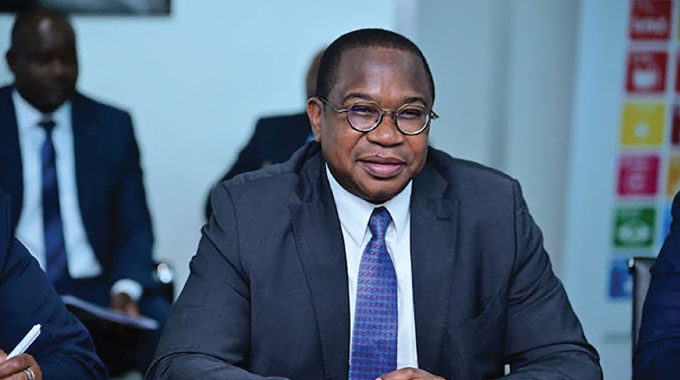AS the World Economic Forum (WEF) annual meeting kicks off in Davos Klosters, Switzerland, Zimbabwe is poised to make a significant impact by advocating for crucial reforms to the global financial architecture.
The forum, themed “Collaboration for the Intelligent Age,” runs from January 20 to 24 and brings together global leaders to address pressing challenges such as geopolitical shocks, economic growth and an inclusive energy transition.
Leading Zimbabwe’s delegation is Finance, Economic Development and Investment Promotion Minister, Professor Mthuli Ncube. Prof Ncube, who also chairs the Committee of African Finance Ministers, has been vocal about the need to reform the international financial system to better serve developing nations, particularly in Africa. His participation at Davos underscores Zimbabwe’s commitment to addressing systemic inequities that have long hindered the continent’s economic progress.
In a recent statement on the X platform, Minister Ncube highlighted the urgency of overhauling the global financial framework. He emphasised that the current system is not designed to meet the needs of African nations, a sentiment echoed by leaders, civil societies and economic think tanks across the continent. This call for reform is not new, but the platform provided by the WEF offers a unique opportunity to amplify these concerns on a global stage.

Africa has faced several challenges due to the current global financial architecture. Many African countries have accumulated significant debt, often under unfavourable terms. This debt burden limits their ability to invest in critical infrastructure and social services.
African nations often struggle to access international capital markets on favourable terms. High interest rates and stringent conditions make borrowing costly and difficult. The global financial system often favours developed nations, leading to trade imbalances.
African countries have limited representation in major international financial institutions like the International Monetary Fund (IMF) and the World Bank. This lack of representation means their interests are often overlooked in global financial decision-making.
The current financial system has also perpetuated a cycle of aid dependency, where African countries rely heavily on foreign aid instead of developing sustainable economic policies.
These challenges highlight the need for reforms to create a more equitable and inclusive global financial system that better serves the needs of developing nations, particularly in Africa.

Zimbabwe’s focus at the forum will also include showcasing its rich natural resources, particularly in the energy minerals sector. The country is home to vast reserves of lithium, nickel and other minerals critical for the global energy transition. By highlighting these resources, Zimbabwe aims to attract investment and forge partnerships that can drive sustainable economic growth.
The WEF annual meeting is renowned for fostering dialogue and collaboration among leaders from diverse sectors. This year’s gathering is expected to be particularly significant, given the backdrop of heightened geopolitical tensions and economic uncertainties. For Zimbabwe, the forum represents a strategic opportunity to advocate for a more equitable financial system and to position itself as a key player in the global energy landscape.
As the discussions unfold in Davos, the world will be watching to see how Zimbabwe’s proposals for financial reform are received and what impact they might have on the broader efforts to create a more inclusive and resilient global economy.